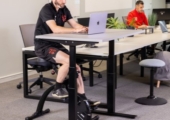July 11, 2017
Serviced and coworking offices top London leasing market for the first time 0
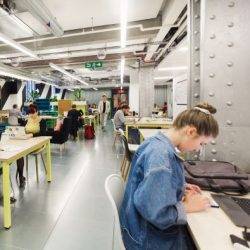 Serviced and coworking office space providers have accounted for the largest share of space leased in Central London for the first time, according to new research from Cushman & Wakefield. During the first half of 2017, serviced office or co-working providers – such as WeWork and The Office Group – accounted for 884,235 sq ft of newly-leased office space in central London. The second quarter of the year in particular witnessed a dramatic escalation in activity by serviced office and co-working providers with 651,540 sq ft leased – around a quarter of central London’s take-up across April, May and June. This was more than London’s traditionally dominant occupational sub-sectors such as technology, media and financial services. The H1 2017 total is more than serviced office and coworking providers accounted for in the whole of 2016 (853,178 sq ft). and is just a deal or two shy of the sector’s average annual take-up between 2012 and 2016 (908,972). It seems certain therefore that serviced office and co-working providers will this year surpass their record annual volume of 1,267,926 sq ft set in 2014, according to the firm.
Serviced and coworking office space providers have accounted for the largest share of space leased in Central London for the first time, according to new research from Cushman & Wakefield. During the first half of 2017, serviced office or co-working providers – such as WeWork and The Office Group – accounted for 884,235 sq ft of newly-leased office space in central London. The second quarter of the year in particular witnessed a dramatic escalation in activity by serviced office and co-working providers with 651,540 sq ft leased – around a quarter of central London’s take-up across April, May and June. This was more than London’s traditionally dominant occupational sub-sectors such as technology, media and financial services. The H1 2017 total is more than serviced office and coworking providers accounted for in the whole of 2016 (853,178 sq ft). and is just a deal or two shy of the sector’s average annual take-up between 2012 and 2016 (908,972). It seems certain therefore that serviced office and co-working providers will this year surpass their record annual volume of 1,267,926 sq ft set in 2014, according to the firm.




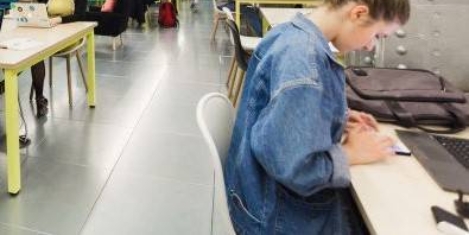








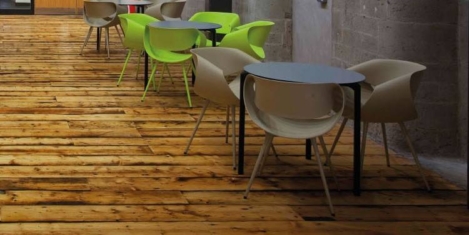
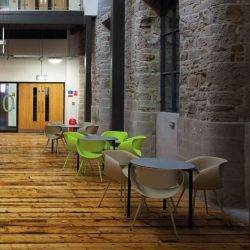

 Issues with the quality of their workplace lighting frustrate the majority (83 percent) of UK office workers; while 80 percent experience negative symptoms due to poor lighting a new study suggests. The survey by Lutron Electronics focused on key areas including the impact of lighting on mood and wellbeing and whether workers had personal control of their lights or were subject to standard lighting control settings across the office. Understandably, 88 percent of UK respondents said that their office lighting is important or very important and one third (32 percent) stated that their existing workplace lighting aids them in the accuracy and visibility of their work. In addition, 27 percent believe it allows them to focus more while 25 percent said it increases their general wellbeing. However, 35 percent of overall respondents said their existing office lighting does not have any positive impact on them at work. This figure is even higher (44 percent) among those in large companies with more than 5,000 employees and amongst the most senior generation (55+), where it reached more than half (51 percent).
Issues with the quality of their workplace lighting frustrate the majority (83 percent) of UK office workers; while 80 percent experience negative symptoms due to poor lighting a new study suggests. The survey by Lutron Electronics focused on key areas including the impact of lighting on mood and wellbeing and whether workers had personal control of their lights or were subject to standard lighting control settings across the office. Understandably, 88 percent of UK respondents said that their office lighting is important or very important and one third (32 percent) stated that their existing workplace lighting aids them in the accuracy and visibility of their work. In addition, 27 percent believe it allows them to focus more while 25 percent said it increases their general wellbeing. However, 35 percent of overall respondents said their existing office lighting does not have any positive impact on them at work. This figure is even higher (44 percent) among those in large companies with more than 5,000 employees and amongst the most senior generation (55+), where it reached more than half (51 percent).


















